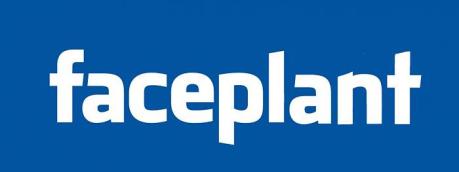Last night, I scrolled through my blog’s archives and read this. My post from February 26, 2011, “The Social Network Kool-Aid Acid Test.”
What struck me the most is how little the fundamental issues have really changed since then.
Back then, in 2011, the first novel of my trilogy was still a WIP, and I didn’t have to bother with all this social network silliness. Sigh, the “good old days”, when I could just go home and write uninterrupted. 😉
Of course, once the first work was done and I was weighing my publisher offers, it was time to outreach to the world at large. Facebook, for all its relentless ‘time-suck’, has been a blessing, connecting me with prominent independent creative visionaries like Kristen Lamb, T.C. McKinney and Joel Eisenberg.
Even now, my contacts on Facebook are paving the way for ever-greater successes in my (and their) future.
Well, okay, if J.K. Rowling can “roll the trolls” on Twitter, I should have no problem with a reasonable comeback Tweet here and there.
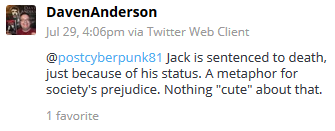
FYI, I’m not saying Jeremy Light was being a troll there, but if he had actually bothered to read “Vampire Syndrome” before commenting about it, he would have found out that Jack is in fact a much wiser character than Bella Swan. One of my main messages is that high IQ, quick wit and cunning do not equal wisdom. Edward Cullen and Bella Swan would both have higher IQ’s than Jack in technical terms, but when it comes down to taking wise actions in life, Jack has more wisdom than Edward and Bella combined.
Even if Jeremy had read only as far as the end of Chapter Seven, by that time Jack has been pursued by cops, pepper-sprayed, jumped out the window of a moving transit bus, chased by a Dodge Charger traveling 80+ mph, attacked by a dog (which he then bit in self-defense!), and bullied by a gang of teenagers. “Cute?”
Jeremy’s now-deleted comment was not really a case of trolling to me, but his Tweet shared one aspect I see in all too many troll Tweets: The tendency to dismiss ideas out of hand, without having any real insight or knowledge into how they are in practice. Since this also happens in other forms of social media…
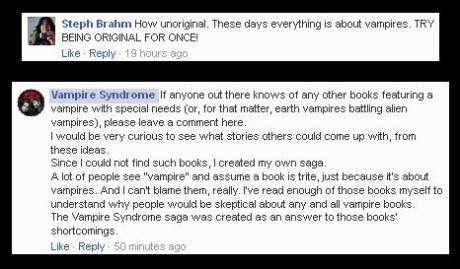
…we can’t lay all the blame for “trolls” or ‘the increasing tendency to casually dismiss ideas’ on Twitter.
What I will take Twitter to task for, are the issues which may already be laying the seeds for its possible ‘dysTweepian’ future, joining MySpace and Friendster in the Internet’s irrelevancy bin.
Here’s a link I posted in the original 2011 post:
Reuters – Tweeting celebrities risk boring fans: survey
Of course, all the Twitter/social media promotional “experts” continue to ignore this message, because telling under-exposed authors about the dangers of over-exposure seems to be a basic contradiction, something on the order of telling starving people about the dangers of over-eating.
“Seems to be”, because more and more of these “under-exposed” authors are over-exposing themselves on Twitter. The stream of book ads in my Twitter feed is now reaching a point where my feed is getting more than one Tweet every second at peak times.
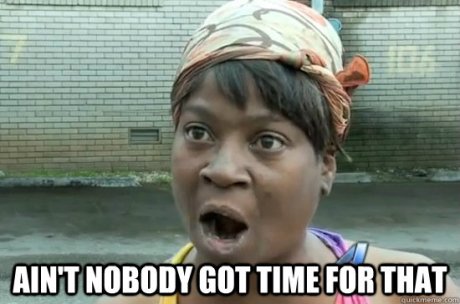
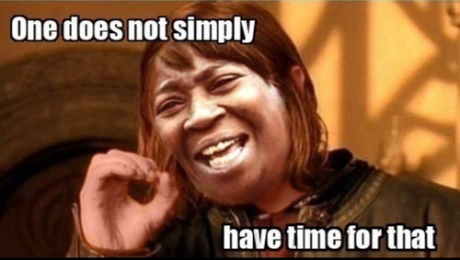
The critical difference between Facebook and Twitter is the relevancy of the News Feed. Normal people actually have some good reasons to use Facebook. Does anyone keep in touch with their real-life friends or family members on Twitter, for instance? 😈
Normal people, which if you’re an author would mean the great majority of potential readers out there, have no real reason at all to use Twitter. Sure, you can “follow” some big celeb, but the odds of their answering any of your Tweets are firmly in the “Lightning/Lotto Jackpot” category.
Twitter’s appeal is laser-targeted to those who crave more exposure. A desire that celebrity worshippers, trolls and ‘unknown’ authors all have in common. The celebrity worshippers at least don’t add to Twitter’s ever-growing-feed problem, typically sticking to reading celebs Tweeting about mundane subjects, and the Tweets from those celebrities’ publicists. The trolls, of course, post vitrolic Tweets here and there, but you can at least be somewhat reassured the trolls care enough about their hate-bombs to post each of their Tweets directly to Twitter ‘by hand’.
Which is more than what you can say for ‘unknown’ authors. Under-exposed authors are the first to reach for Hootsuite, Tweet Jukebox and any other number of “social media managers” to paste as many feeds as possible on Twitter. Some also join Retweet groups, to multiply their posts’ reach through cooperative Re-Tweeting. More coverage sounds good in principle, because Tweets have never had the “feed-shelf-life” of Facebook posts. When the general consensus of ‘experts’ is that Tweets ‘die’ within an hour, it seems logical that posting Tweets every hour or so would increase your odds of connecting with readers.
“Seems.” There’s that word again. When (on Facebook!) one famous author complained about all the drama on her Twitter feed, I commented that my feed was “so full of book ads, I never see any drama.” She kindly suggested I thin the herd a bit, but of course if I did that, I’d lose a few hundred followers.
But would that even manner, anyway? Those same ‘under-exposed’ authors I mentioned before are also the prime target of the “follower sellers.”
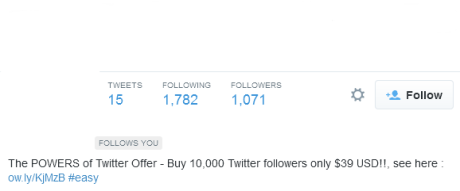
Yes, you read it correctly. Someone with 1,071 followers was trying to sell me “10,000 Twitter followers”. Well, if they won’t buy those “10,000 followers” for themselves, why should I? #MarketingFail 😈
Twitter’s failure to even slightly reign in those selling “Twitter followers” is ironically the main reason why no one with any modicum of intelligence places any sort of value on the number of “Twitter followers” anyone has. Anyone can have “10,000 (fake) followers” for less than the cost of a night out.
The reason why “reality shows” like the Kartrashians’ are beginning to crash and burn is because overexposure kills any “mystique” public figures have, and ultimately paints them in the most mundane and boring of ‘colors’.
From the aforementioned Reuters article:
Easy access to stars through social networking websites has made them less appealing and increases the likelihood of followers getting bored, music consumer research by publishers Bauer Media said.
“In this social media age, it’s all too easy to follow your musical icons on a minute-by-minute basis. There’s a consensus within the industry that this ease of access is leading to artists losing appeal more quickly,” the Phoenix IV report said.
The music industry is starting to consider restricting access to certain types of artists in an attempt to boost their staying power in popular culture and lengthen their careers, it added.
We have now achieved the ultimate in irony: The more ‘unknown’ an author is, the more they will over-expose themselves. Adding more and more Tweets to the ever-blurring pace of the Feeds, until it becomes “white noise” that everyone tunes out by instinct, just as Kristen Lamb predicted in her wonderful book “Rise of the Machines: Human Authors in a Digital World“.
These ‘automated authors’ have become the “machines”, or, as Bree Ervin (thinkbannedthoughts) summed it up in her comment here back in 2011, “bots Tweeting to each other”. As I warned here in 2011 and 2012, book ads don’t sell books to each other. When the last human takes the flag with them as they leave Twitter, the dysTweepian future will have arrived. It might even go on without us, posting endless ads to feeds no humans are reading, in hopes of catching the attention of a Retweet bot or two.
Somewhere, the ghost of J.D. Salinger is having a good laugh about all this. 😈




